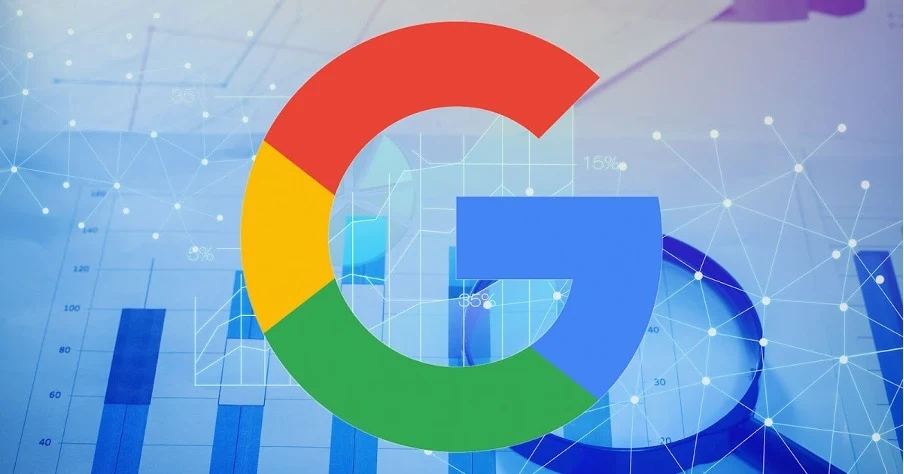Google Finally Confirms Web Page Title Rewrites

More than a week since SEO’s started to notice and after more recent (unofficial) exchanges on social media, Google has at last officially confirmed it is updating the ways in which it generates web page titles in SERPs.
Google’s Search Liaison, Danny Sullivan has done what many have been waiting for by confirming the search engine is updating the way that web page titles are generated in search results.
In a Google Search Central Blog post “An update to how we generate web page titles” published on August 24th Danny announced:
“Last week, we introduced a new system of generating titles for web pages. Before this, titles might change based on the query issued. This generally will no longer happen with our new system. This is because we think our new system is producing titles that work better for documents overall, to describe what they are about, regardless of the particular query.”
This update has been big news since it was discovered via live search results just over a week ago. As many SEO industry insiders observed, Google is replacing web page titles with other on-page text.
Danny goes on to say:
“Also, while we’ve gone beyond HTML text to create titles for over a decade, our new system is making even more use of such text. In particular, we are making use of text that humans can visually see when they arrive at a web page. We consider the main visual title or headline shown on a page, content that site owners often place within <H1> tags, within other header tags, or which is made large and prominent through the use of style treatments.”
So it is official, Google is replacing web page titles and when doing so, other text contained on the page might be considered, it may also consider text within links pointing at pages.
But why use more than HTML title tag text?
In instances where a page’s HTML title tag doesn’t convincingly describe what that page is about, Google may consider using other text. Sullivan says title tags don’t always describe a page well, potentially because:
- They may simply be too long
- They might be stuffed with keywords
- They might not contain text at all, or just boilerplate text
“Overall, our update is designed to produce more readable and accessible titles for pages. In some cases, we may add site names where that is seen as helpful. In other instances, when encountering an extremely long title, we might select the most relevant portion rather than starting at the beginning and truncating more useful parts.”
This different approach to generating web page titles from Google doesn’t mean however, that the days of optimising HTML title tags are over, they are still important and it is still worth taking the time to create unique page titles. As Sullivan advises:
“… Our main advice on that page to site owners remains the same. Focus on creating great HTML title tags.
This isn’t a case of simply leaving it to Google, because original HTML title tags will still be used in over 80% of cases. However Google has tested the update and found that it creates titles that are easier to read and preferred by searchers compared to the old way in some cases.
Will opting-out be an option?
In short, no. Sites cannot opt-out of having their page titles replaced in SERPs, although Sullivan has stated via Twitter that he would like to give SEOs some small degree of agency when it comes to keeping page titles if they really feel it is important, possibly via a feature in Search Console.
Time will tell whether that feature becomes reality.





Comments